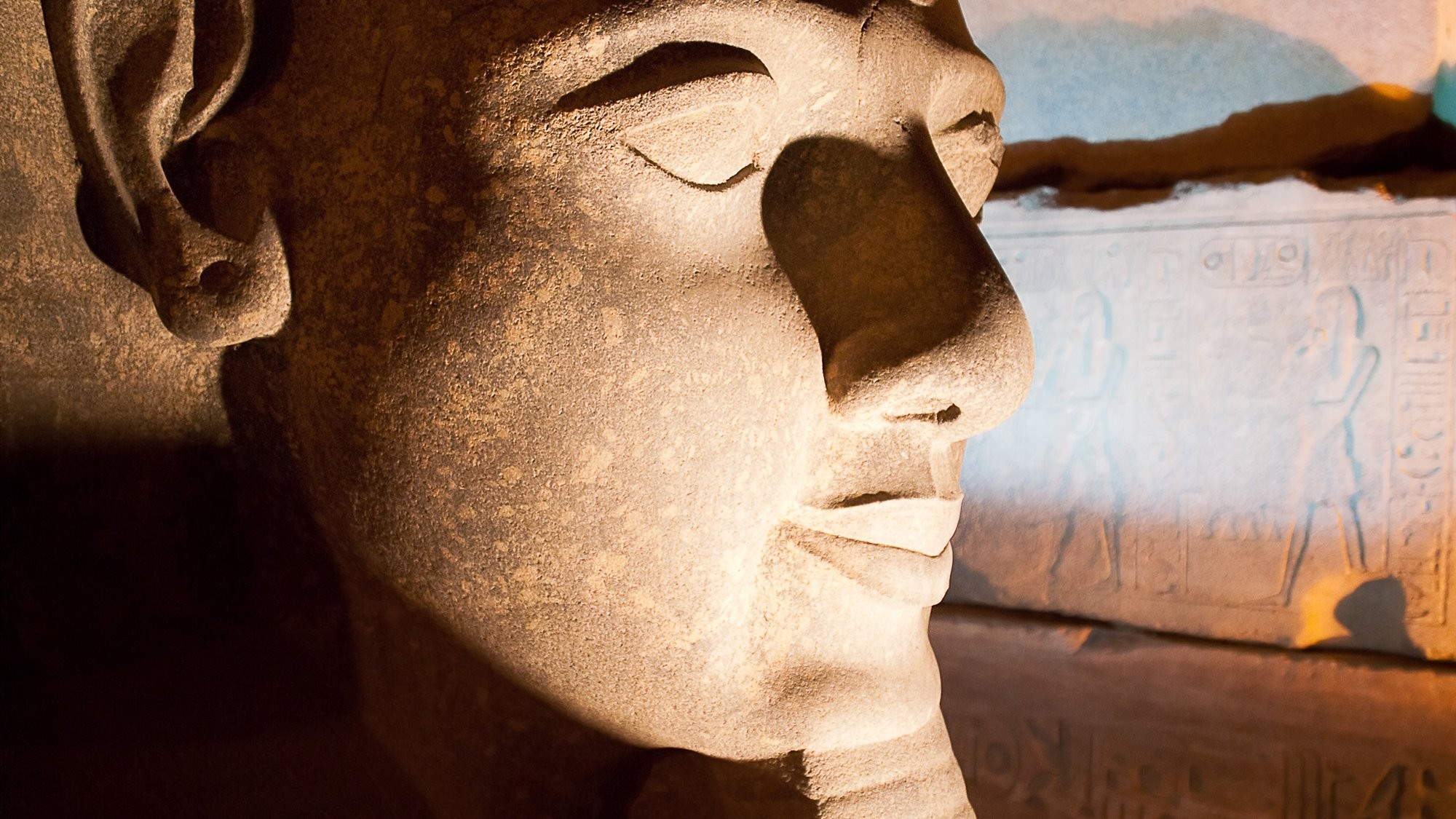New Jersey
Art, History & Archaeology Sites & Museums
Archaeology & History Sites in New Jersey
Ellis Island National Museum of Immigration
Located close to the border with New York City, Ellis Island and the National Museum of Immigration focuses on the migrants who sailed here across the Atlantic Ocean in the 19th and early 20th centuries. Ellis Island is famous as the location of an immigrant inspection station active between 1892 and 1954. Opened in 1990, the museum includes a range of displays of images and audio-recordings exploring the immigrant experience.

Statue of Liberty National Monument & Museum
The Statue of Liberty was a gift from France to the USA to mark the centennial of the Declaration of Independence and the recent abolition of slavery. The statue stands on Liberty Island, only accessible by ferry. Also on the island is the Statue of Liberty Museum, in which you can see Liberty’s original torch. The interior of the statue, including the pedestal and access to the crown remains closed.





